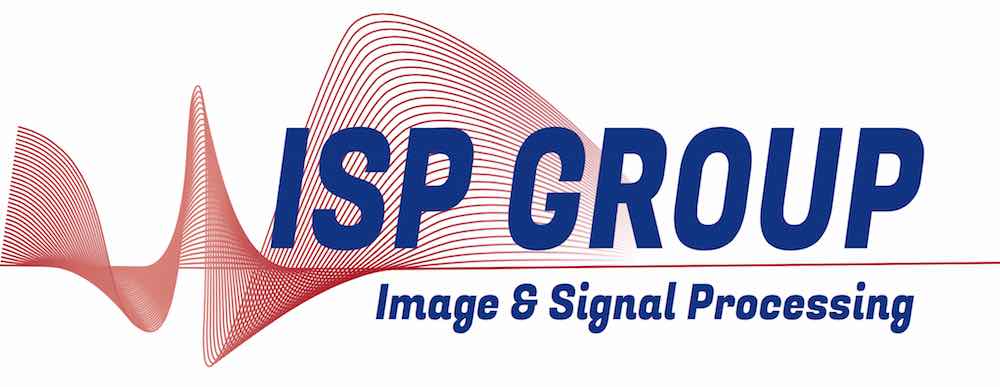Shannon Seminar Room, Place du Levant 3, Maxwell Building, 1st floor -- Tuesday, 10 March 2015 at 10:00 (45 min.)
{
"name":"Post-Reconstruction Deconvolution of PET Images by Total Generalized Variation Regularization",
"description":"Improving the quality of positron emission tomography (PET) images, affected by low resolution and high level of noise, is a challenging task in nuclear medicine and radiotherapy. The aim of this talk is to present a restoration method, achieved after tomographic reconstruction of the images and targeting clinical situations where raw data are often not accessible. This method relies on classical convex optimization tools and on inverse problem theory. The recently developed concept of total generalized variation (TGV) is introduced in the problem formulation to regularize PET image deconvolution. Some properties specific to PET imaging (such as positivity and photometry invariance) are also added to the model to stabilize the restoration. Theoretical results will be illustrated by experiments on both synthetic data and real patient images.",
"startDate":"2015-03-10",
"endDate":"2015-03-10",
"startTime":"10:00",
"endTime":"10:45",
"location":"Shannon Seminar Room, Place du Levant 3, Maxwell Building, 1st floor",
"label":"Add to my Calendar",
"options":[
"Apple",
"Google",
"iCal",
"Microsoft365",
"MicrosoftTeams",
"Outlook.com"
],
"timeZone":"Europe/Berlin",
"trigger":"click",
"inline":true,
"listStyle":"modal",
"iCalFileName":"Seminar-Reminder"
}
Improving the quality of positron emission tomography (PET) images, affected by low resolution and high level of noise, is a challenging task in nuclear medicine and radiotherapy. The aim of this talk is to present a restoration method, achieved after tomographic reconstruction of the images and targeting clinical situations where raw data are often not accessible. This method relies on classical convex optimization tools and on inverse problem theory. The recently developed concept of total generalized variation (TGV) is introduced in the problem formulation to regularize PET image deconvolution. Some properties specific to PET imaging (such as positivity and photometry invariance) are also added to the model to stabilize the restoration. Theoretical results will be illustrated by experiments on both synthetic data and real patient images.
